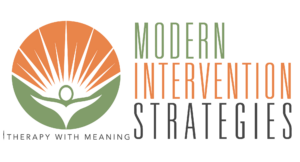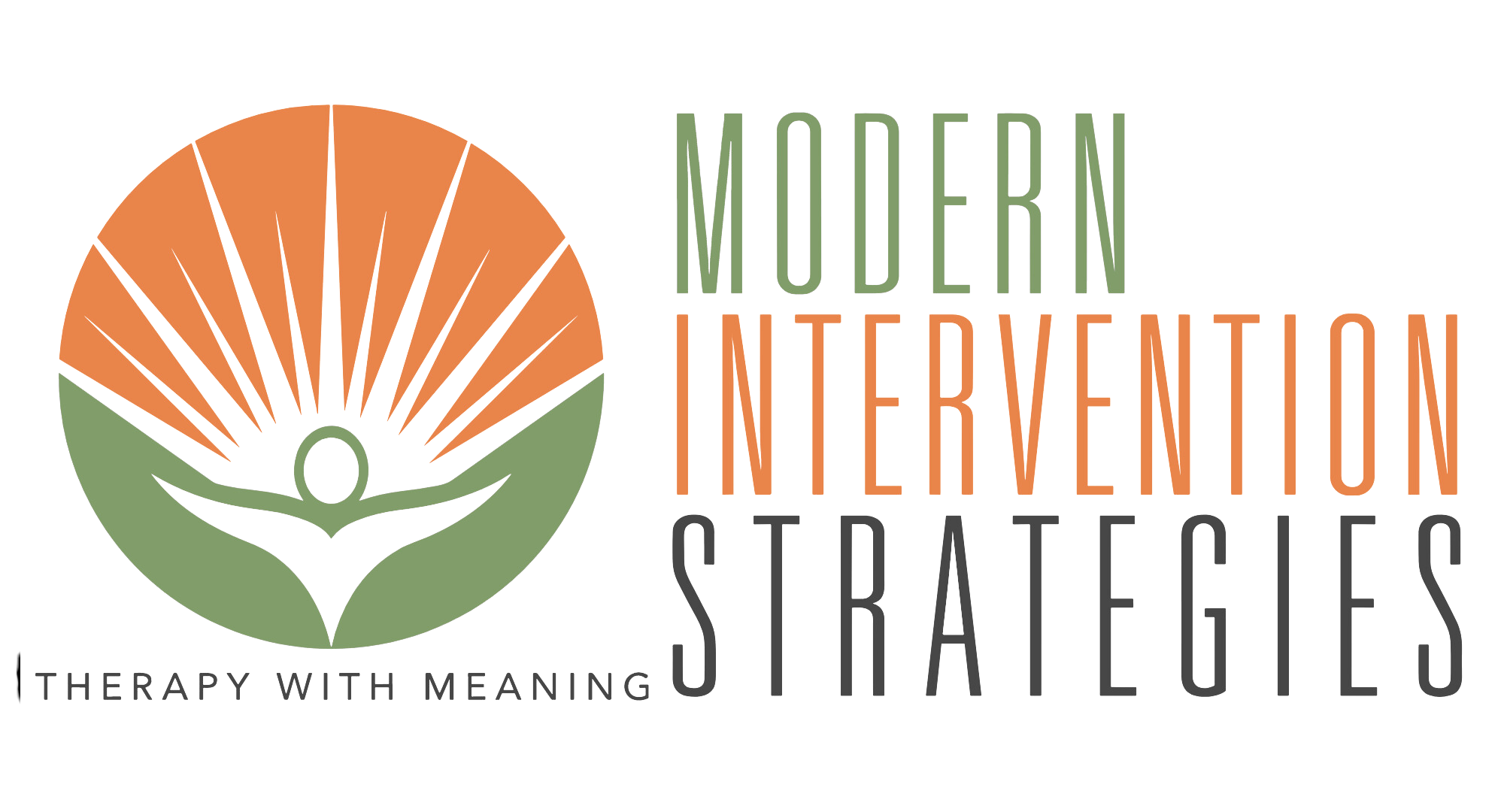You’re not lazy. You’re loyal.
But here’s the truth: loyalty to a version of you that’s always performing is a slow kind of disappearance.
If you don’t step out of the role, you’ll forget who you are beneath it.
And if you keep saying yes to everything, one day there’ll be nothing left of you to say yes to.
You’re not weak. You’re wired for survival.
You’re not broken. You’ve just been performing so hard to be seen that your soul never gets to breathe.
This isn’t about a full calendar.
It’s about an empty core.
You built a brand to feel valuable.
Now you’re trapped inside it-afraid that rest will make you irrelevant.
But here’s what no one tells you:
Success that costs you your self isn’t success.
It’s self-abandonment.

The Hidden Engine of Burnout: Emotional Survival Mode
Burnout isn’t just doing too much. It’s the inability to stop.
It’s the compulsion to say yes before you even know what you need.
It’s the fear that slowing down will make you disappear.
This is the kind of fear that doesn’t show up with panic—it hides inside achievement.
It says:
- “Who am I if I’m not needed?”
- “What if they forget me if I stop performing?”
- “If I rest, I’ll fall behind. If I rest, I’ll be replaced.”
You look high-functioning on the outside.
Inside, you feel hollow.
That’s not overcommitment. That’s emotional survival.
That’s your nervous system saying:
“It’s not safe to stop. It’s not safe to be still.”
Overachievement becomes a cage.
Because when your identity is fused to your output, boundaries don’t feel like balance.
They feel like abandonment.
This is more than exhaustion.
This is grief.
Grief over how far you’ve drifted from yourself while being everything for everyone else.

What Personal Brand Fatigue Really Looks Like
What does a lack of boundaries look like?
It looks like smiling when you want to scream.
It looks like nodding when your gut says “no.”
It looks like being celebrated for your resilience while quietly resenting how much you endure.
You’re not setting boundaries because you’re bad at communication.
You’re avoiding them because they trigger guilt.
Why do I feel like a bad person when I set boundaries?
Because you were trained to associate worth with sacrifice.
Because you learned that to be loved, you had to be useful, agreeable, and accommodating.
What is the primary purpose of boundaries?
Not to keep people out. But to keep yourself intact.
To create space for your needs.
To preserve your peace.
How this shows up in your life:
- You’re always “on.” Even rest feels performative.
- You feel selfish for prioritizing your needs.
- Praise makes you anxious—it validates the mask, not the real you.
- You dread being asked for help. But saying no feels like failure.
- Silence doesn’t feel restful. It feels like erasure.
This isn’t time management. This is trauma.
This is nervous system dysregulation from years of tying your worth to output.

Why Guilt Keeps You Saying Yes
I worked with a woman who couldn’t sit still on weekends.
She called it being productive.
But underneath? It was panic.
Because stillness made her feel invisible. Unnecessary. Alone.
So she filled her calendar with obligations that gave her a reason to exist.
And the cost was herself.
If you…
- Shrink when someone compliments you
- Freeze when someone says, “Can you just…?”
- Feel anxious when you’re not working
- Say yes because you fear disappointing them
- Confuse being seen with being needed
…you’re not alone.
You’re not wrong.
You’re just running a pattern that kept you safe before—and is now keeping you stuck.
This is what high-functioning anxiety looks like in a personal brand.
You’re not a leader. You’re a performance.
And it’s breaking you.
You’re Not Broken. You’re Grieving Who You Had to Be
Let’s get honest:
- You’re not a people-pleaser. You were taught that people-pleasing = safety.
- You’re not indecisive. You’re tired of being punished for choosing yourself.
- You’re not too emotional. You’re carrying emotions no one helped you name.
That version of you who says yes with a smile?
Who shows up even when her body says no?
Who makes herself small so others feel safe?
She kept you alive.
But she’s not the whole story.
And she doesn’t need to run the show anymore.
Your healing begins where her story ends.
Try This Instead
You don’t need another to-do list.
You need a truth-telling moment.
A breath.
A break.
Start here:
“Boundaries aren’t rejection. They’re remembrance.”
Want to take the next step?
This post on setting boundaries will help you rebuild your sense of control, without guilt, without apology.
A few gentle practices:
Journal Prompt:
“When I say yes out of guilt, who am I trying to protect?”
Somatic Grounding:
Put one hand on your chest, one on your belly.
Inhale for 4. Hold for 4. Exhale for 6.
Whisper:
“Stillness is safe. Stillness is strength.”
Reflection:
“What would shift if I believed I was lovable even when I’m not performing?”
If this spoke to you, take the next step.
Click here to get the free journal guide.
Breaking the Burnout Brand — a space to reclaim your breath, your truth, and your boundaries.

Where Healing Begins
In trauma-informed coaching and nervous system research, the same pattern keeps showing up:
High-achievers who mistake proving for peace.
Leaders who’ve never been taught how to rest without guilt.
This isn’t just emotional. It’s neurological.
Your body has never been taught that stillness is safe.
But it can learn.
Because you’re not burned out from the work.
You’re burned out from betraying yourself to do it.
Your brand became a mask.
Now it’s time to unbrand.
You’re allowed to:
- Say no without a reason
- Change your mind
- Take up space without proving
Because your healing isn’t a performance.
And your worth was never conditional.
Welcome back to you.





